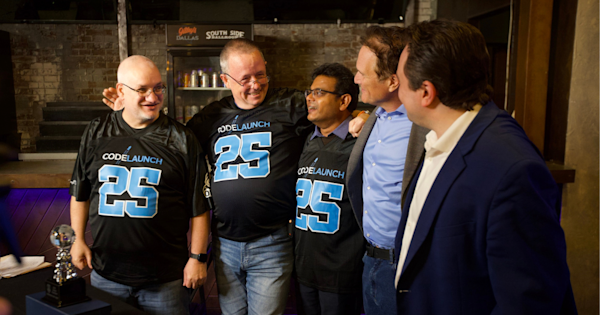One promising option for Scrum Masters is to transition into the role of a Consultant. Consultants work with various clients to improve business processes, implement new systems, and provide strategic advice. The Scrum Masters' expertise in process improvement and their ability to facilitate workshops and lead project teams make them well-suited for consulting roles. Additionally, their strong communication and negotiation skills are essential for understanding client needs and securing contracts.
For those interested in bridging the gap between IT and business units, the role of a Business Relationship Manager (BRM) can be a great fit. BRMs ensure that technology solutions align with business goals, leveraging strong communication skills to understand business needs and facilitation skills to drive discussions. Their ability to manage metrics and improve processes makes them valuable assets in optimizing business operations.
For those with a technical background, becoming a DevOps Engineer is another option. DevOps Engineers implement continuous integration and continuous deployment (CI/CD) practices, automate processes, and ensure that software is delivered reliably and efficiently. Agile professionals' understanding of Agile principles and their ability to manage metrics and improve processes align well with the responsibilities of a DevOps Engineer.
One can explore roles as an Organizational Change Manager (OCM). OCMs leverage Agile skills to manage the people and process changes in an organization, ensuring that teams deliver value early and often given adoption of a new tool, technology, or process. Their focus on collaboration, adaptability, and continuous improvement, along with strength in being a change agent, aligns with the core principles of Agile, making them well-suited for OCM roles.
Lastly, we know agile ways of working support empiricism when building or working within complexity. Using their practices, techniques, and ability to work within unknowns, Scrum Masters and Agile coaches may be suited to help organizations support their employees with the adoption of AI. Much is unknown about AI and how it will ultimately impact our workforce. Using their skillset, we can help support these types of changes with empiricism and empathy for the people.
In conclusion, while the Agile community faces challenges, Agile professionals have a wealth of skills that can be applied to various alternative career paths. By focusing on their strengths in communication, facilitation, negotiation, change management, leadership, metrics, and process improvement, Agile professionals can successfully navigate career pivots and continue to thrive in their careers. Wherever their transition takes them, Agile professionals have the potential to make a significant impact in their new roles. Want to learn more? Reach out to us.






